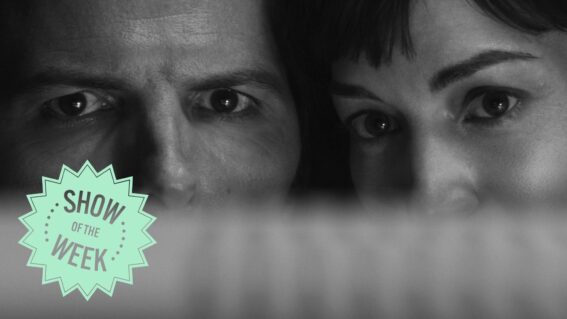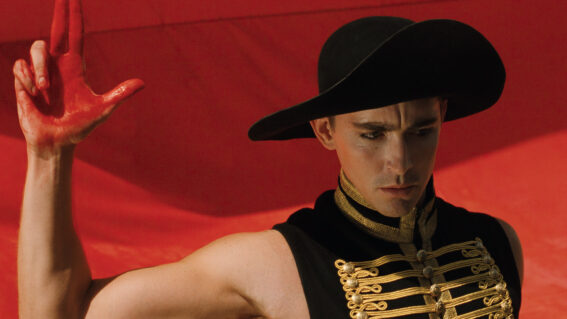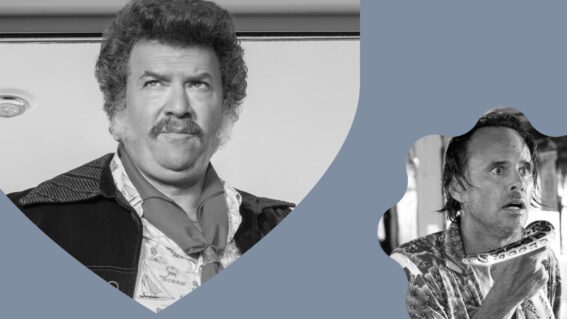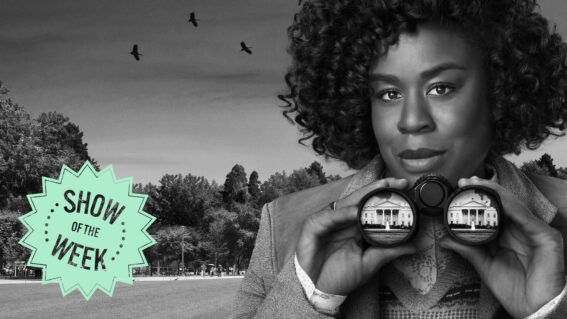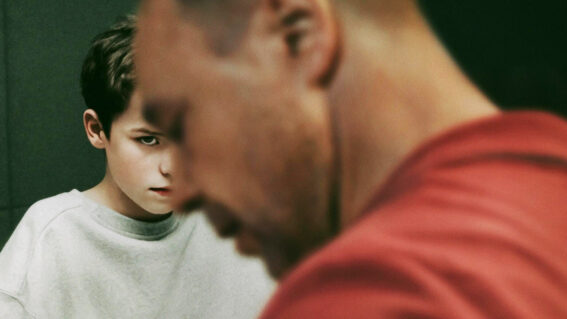Alien: Romulus director Fede Álvarez on analogue sci-fi and his “philosophy of constant escalation”
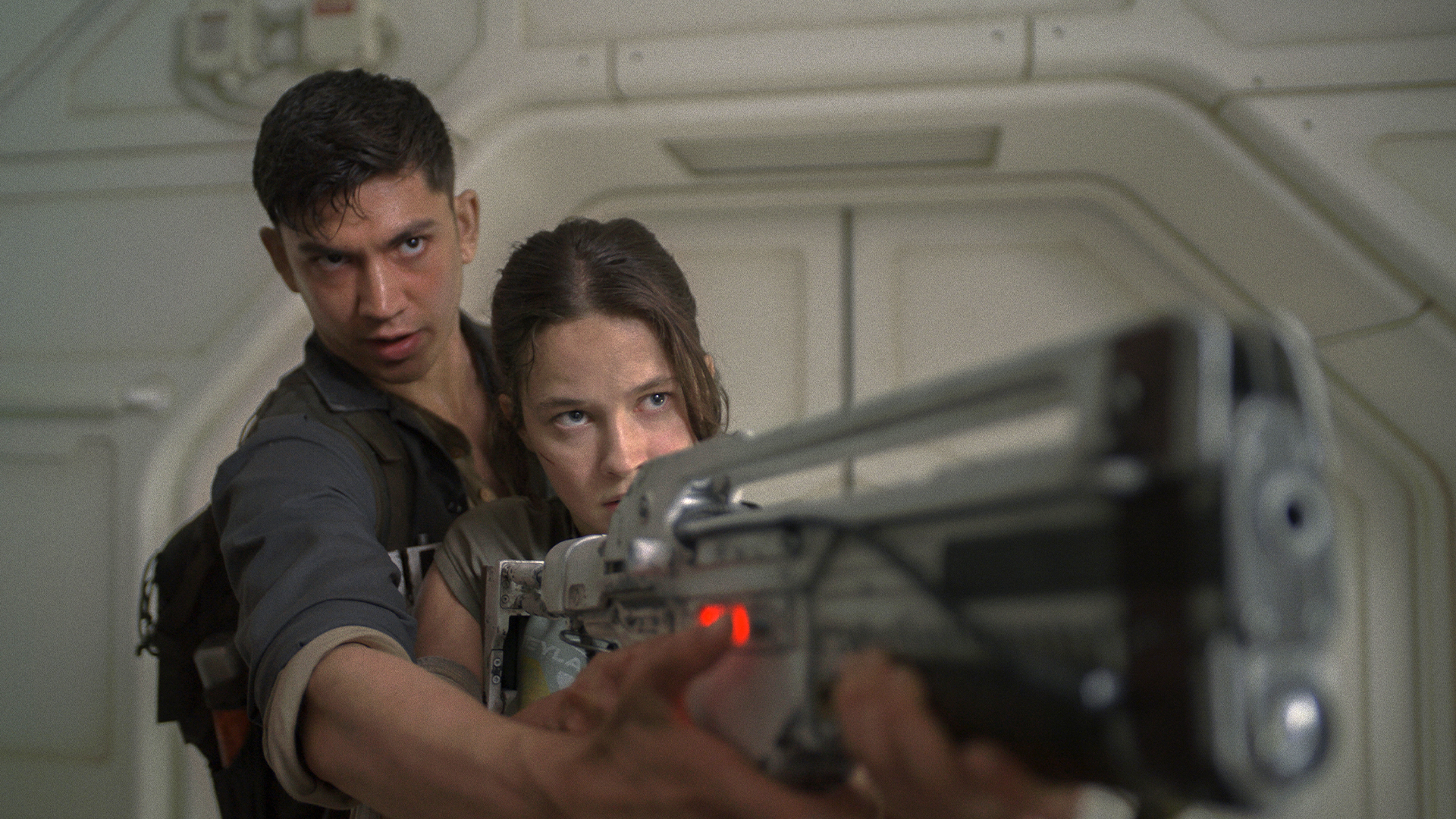
As we enjoy our summer, Flicks editor Steve Newall shares some of his favourite reads of the year.
Alien: Romulus sees fresh young prey encounter the iconic Alien, drawing on familiar elements from the franchise. “That was the intention,” director Fede Álvarez tells Rory Doherty: “I was trying to bring them all together in one movie.”
It is 9:30am the day before the release of Alien: Romulus, the biggest film of Fede Álvarez’s career thus far, and he is talking about Pulp Fiction. More accurately, he’s citing it as an example of something that was retro and visionary at the same time. “For me it felt new and modern, something I had never really experienced before. The previous generation would tell me it’s just an exploitation movie from the 60s. You watch that movie and it’s exactly that, it’s supposed to take place in 1995 but the cars are from the 60s, the restaurants are from the 60s, the music is from the 60s.”
He’s explaining why Romulus, the apex of his ten-or-so years in budding genre franchises, is fascinated with the clacking keyboards and beeping text read-outs of Ridley Scott’s Alien, and how something so pointedly retro could feel so futuristic—and why it’s endured through 45 years of the sci-fi horror series.“That’s my idea of what great science fiction is. It’s analogue and has three monitors, and doesn’t have holograms or anything too high-tech—I don’t associate that with my memory of great science fiction. I think every filmmaker tries to make movies that look like movies they fell in love with.”
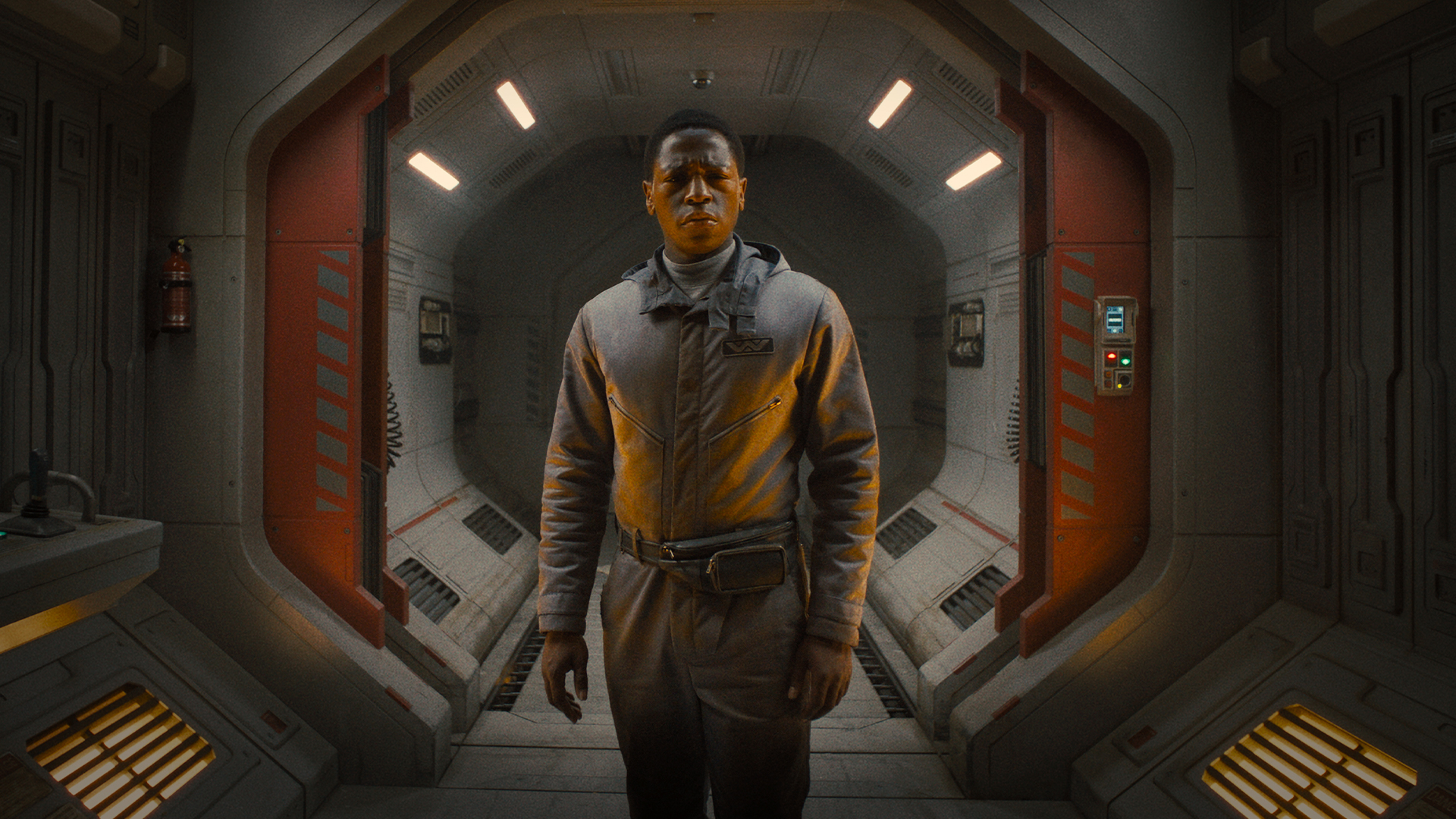
Alien: Romulus is practically oozing with love for the secretious, splatterific, klaxon-filled brand of horror that has made the Xenomorph-starring series so iconic. The seventh film is slotted chronologically between Alien and Aliens and features brand new prey for the rapidly evolving alien hunter, starring Priscilla’s Cailee Spaeny and Rye Lane’s David Jonsson as dispossessed workers on a distant human colony desperate for a better life, along with four other space colonists—all of whom are uncharacteristically young for an Alien franchise crew.
“I will always be fascinated with the idea of young people growing up in a colony at the end of the world and there’s nothing for them—either you’re a farmer or a miner. I know those kids, or anybody that’s young, would try to get the fuck out of there. We all try to figure out a way to break free when we feel born in the wrong place, far from everything.”
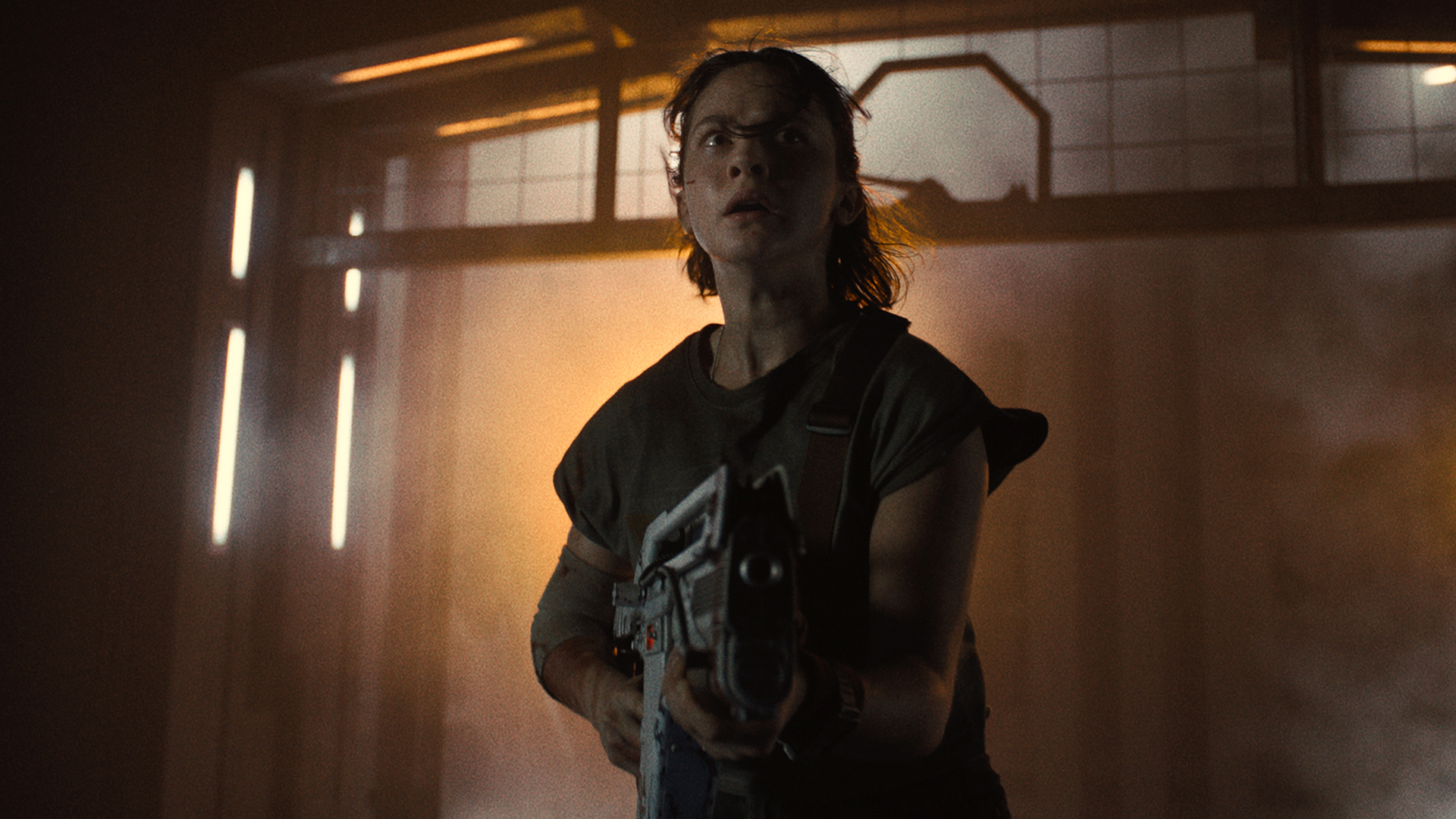
But the young characters’ restless energy also had a dramatic function. “I thought it would be a good motivation to get in trouble, which is what happens here, right? Which is another thing that’s different in this movie that no-one mentions—this is the first time we have a group of people that are really willing to go into an adventure. Most Alien movies have a group of people at their status quo, and then something suddenly hits them and they react.”
The crew are on a furtive mission to the abandoned science station Romulus to pilfer their cryosleep pods to put them under on a nine-year trip to a colony with sunnier prospects. But Romulus is hiding a few secrets of the “perfect organism” variety, and the rest of the film plays to Álvarez’s strengths as a deliverer of high-octane thrills, pinballing around familiar setpieces from Alien history but always with a modern twist—a unifying update of what an Alien movie feels like. “That was the intention,” explains Álvarez. “I was trying to bring them all together in one movie.”
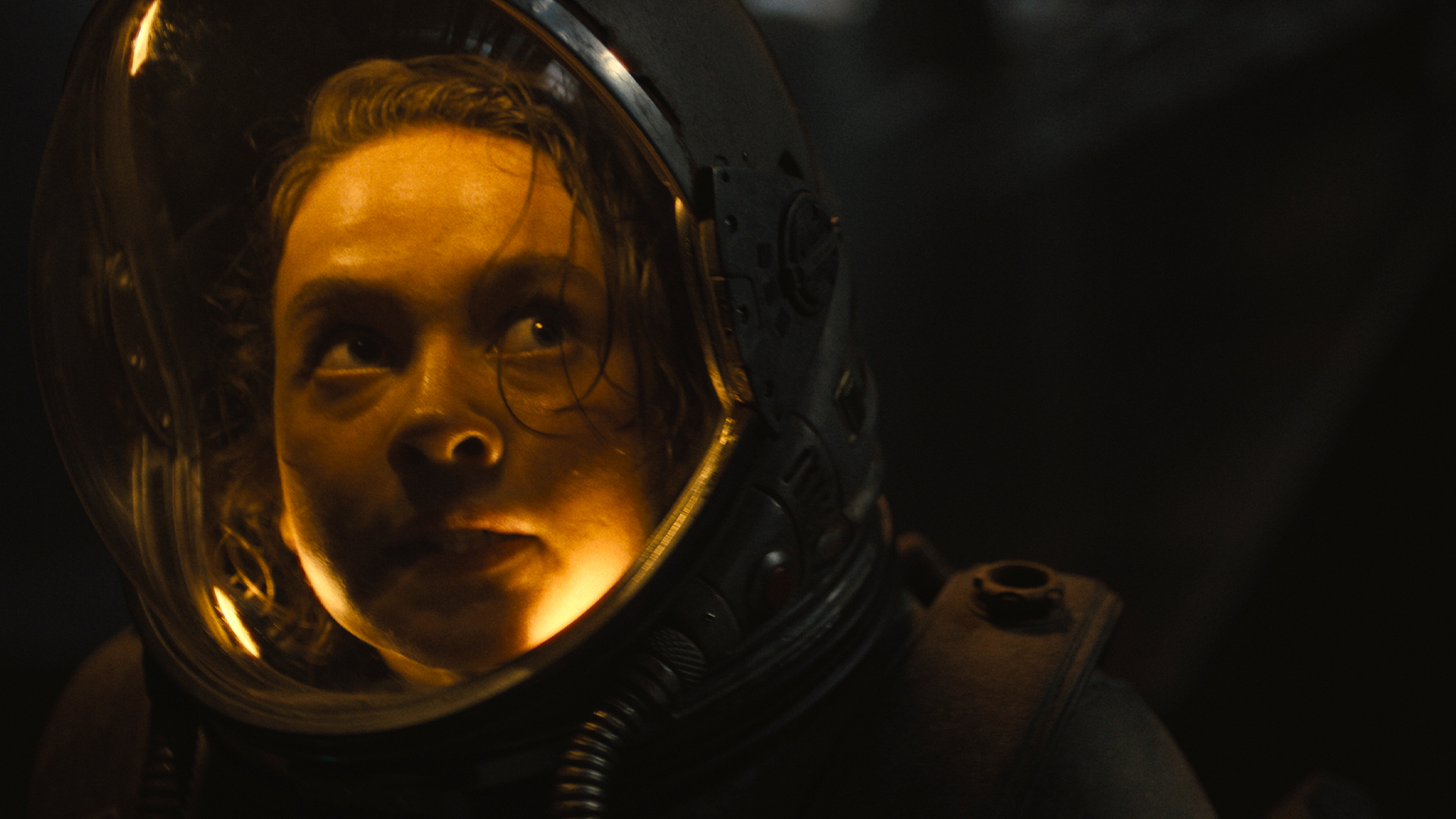
Don’t just expect Alien and Aliens callbacks—be on the lookout for nods to Alien³, Resurrection, and Prometheus too. “Sometimes I take pleasure in really elevating an idea from the original movies—maybe from not the best movies—to really glorify it and put it to the forefront. It’s so easy to go, “I’m just going to pick things from the best ones and dismiss the ones that didn’t work so well”, in a kind of snobbish way. But I’m not like that, I care about all of them.”
It’s easy to see why connecting Romulus to other entries appeals to Álvarez: as an Alien director, he’s in the esteemed company of Ridley Scott, James Cameron, David Fincher, and Jean-Pierre Jeunet. “Every director that worked on these movies before me are really masters of their craft, so there’s so many great ideas in there,” he says.
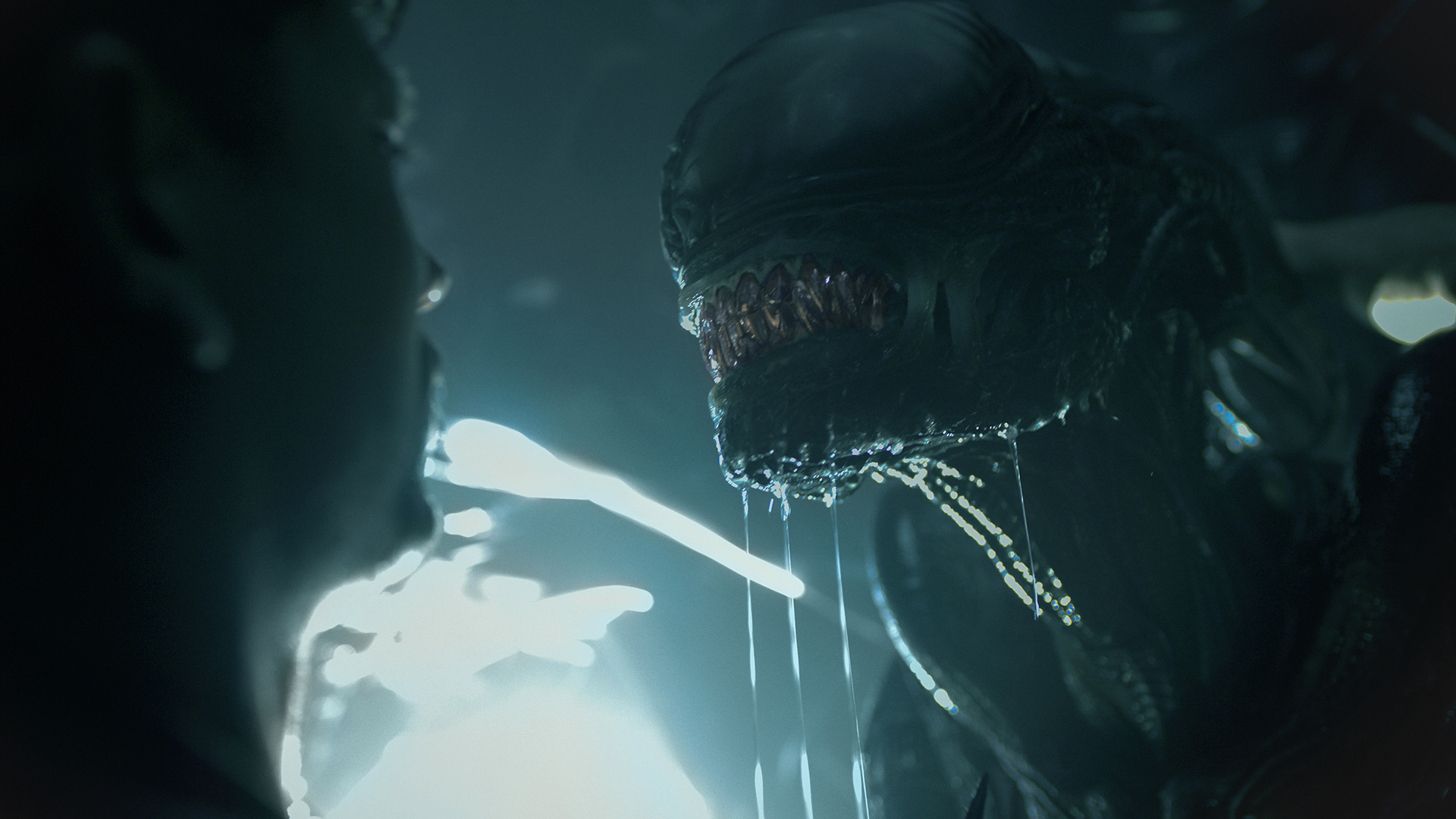
But Álvarez didn’t sign on to Romulus to revisit the past. Mirroring the supercharged structure of his Evil Dead and Don’t Breathe, escalation is central to the Romulus ride—and boy, does the horror escalate.
“I try to do that in all my movies. I want to convince you by the middle of the movie that that’s all I have. Most movies, I would say, what you’ve seen by the midpoint is all you’re going to get in terms of scale, style, and pace—you’ll see variations of that until the end. My philosophy of constant escalation at every level, for good and for bad, is my obsession. It starts here, then they go there, and in the middle you think they’re gonna stay there, and then in the third act, they really take off to places that you never thought they were going to go.”
Originally published by Flicks on Aug 16, 2024.





